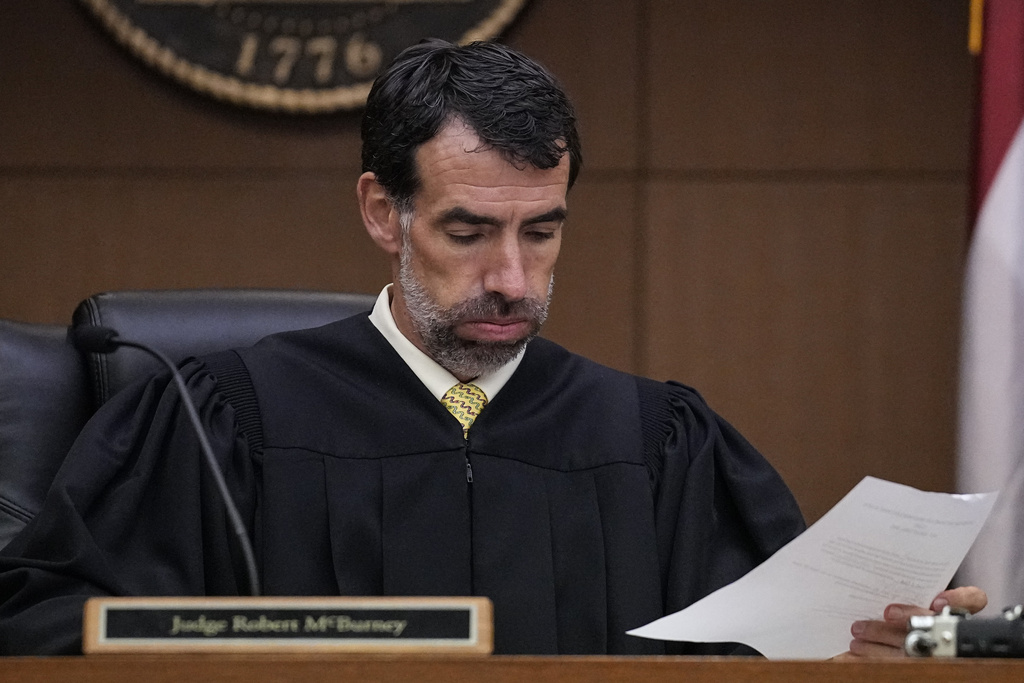A handful of U.S. companies, including Ford, Harley-Davidson, John Deere, Lowes and Molson Coors, dialed back their DEI initiatives over the summer. The retreats came in the wake of the U.S. Supreme Court outlawing affirmative action in college admissions and after conservative activists targeted the prominent American brands over their diversity policies and programs.
DEI policies typically are intended as a counterweight to discriminatory practices. Critics argue that education, government and business programs which single out participants based on factors such as race, gender and sexual orientation are unfair and the same opportunities should be afforded to everyone.
The opponents have had several legislative and legal victories, and dozens more cases are working their way through the courts.
Lawsuits claiming reverse discrimination may be gaining momentum. The U.S. Supreme Court recently decided it would hear a lawsuit filed by Marlean Ames, who claims she was discriminated against in her job at the Ohio Department of Youth Services because she was straight.
“It’s a case that people are expecting will open the courthouse doors to more reverse discrimination suits,” said Jason Schwartz, co-chairman of the labor & employment practice group at Gibson Dunn.
Circuit courts have disagreed over whether to hold reverse discrimination cases to a higher standard. Some have ruled that if a person from a majority group brings a discrimination case, they have to show more evidence of discrimination than a person from a minority group who files a similar case.
“The Supreme Court’s interest in that case signals some potential that they’re going to lower the bar,” Schwartz said. “We already see a really massive uptick in these reverse discrimination cases.”
Groups such as the American Alliance for Equal Rights have pushed back on affirmative action policies at universities and diversity, equity and inclusion policies run by corporations.







